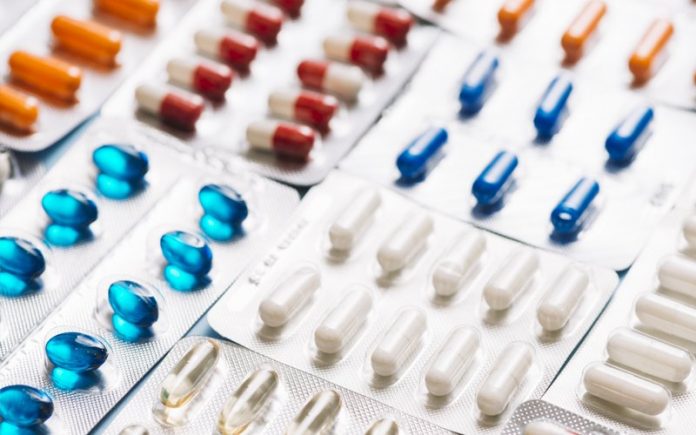
BEIJING: Drugmakers from AstraZeneca Plc and GlaxoSmithKline Plc to BeiGene Ltd have agreed to cut prices of some of their newest innovative drugs in China by an average of 50.6% in order to be covered by the country’s national insurance fund.
A total of 119 new therapies – treating everything from pulmonary diseases and diabetes to cancers and lupus – were added for coverage by the state-run medical safety net after drawn-out negotiations, the National Healthcare Security Administration said in a notice posted on its website Monday.
The average price cut is 10 percentage points less than last year, a relief to both domestic and foreign drug makers, which have seen their profits eroded by Beijing’s push to drive down health-care costs.
Companies are eager to get their treatments on the list even at steep discounts in order to gain access to China’s pharmaceutical market, the world’s second-biggest.
Patients in China would only need to pay a small fraction of the cost of these drugs out of their own pocket as the lion’s share of the bill will be footed by China’s 2.44 trillion yuan (US$373 billion) national medical insurance fund, which covers more than 95% of the country’s 1.4 billion people.
The list has been annually updated with new entries since 2017, when Beijing accelerated its campaign to bring the best drugs to its growing middle class as quickly and cheaply as possible.
In total, Chinese patients can now draw on state insurance to pay for 2,800 medications. Beijing also managed to slash prices more than 40% on average for 14 drugs whose annual sales exceed 1 billion yuan each. The new version of medical drug reimbursement list will be effective from March 1.
The drugs that made it on the latest list include AstraZeneca’s cancer therapy Zoladex. Brukinsa, the first cancer drug from China to ever receive US Food and Drug Administration approval, developed by Beijing-based BeiGene, also made the list.
Glaxo drugs Benlysta and Volibris, which treat lupus and high-blood pressure in the lungs, respectively, made the list.
Other top-of-the-line therapies from multinationals were a diabetes drug from Novo Nordisk S/A, medicine for chronic obstructive pulmonary disease developed by Astra, and an ulcerative colitis therapy by Takeda Pharmaceutical Co.
The latest inclusions feature popular immune cancer therapies known as PD-1 inhibitors, cancer treatments that use the body’s immune system to fight tumors – a priority for Beijing given that China has around 4 million new cancer patients annually.
Such treatments included those developed by Chinese companies BeiGene, Jiangsu Hengrui Medicine Co and Shanghai Junshi Biosciences Co.
The list also highlights treatments for Covid-19, such as antivirals ribavirin and arbidol, although China has largely contained flareups after the outbreak a year ago in Wuhan was brought under control.
It is unknown how deep a cut companies have committed for individual therapies. The National Healthcare Security Administration in the past has reached agreements with some drugmakers to withhold the details of price cuts.
For foreign drugmakers, the competition in China has brought significant sacrifices. New drugs are often brought to the China market at prices lower than they are sold in the West, but still face competition from a growing legion of Chinese biotech firms developing similar drugs that can be sold more cheaply.
Global pharmaceutical companies’ older drugs that have gone off-patent are also facing price cuts. In a separate national campaign in which China’s public hospitals bulk-buy generic medications, prices have been driven down by as much as 90%.



